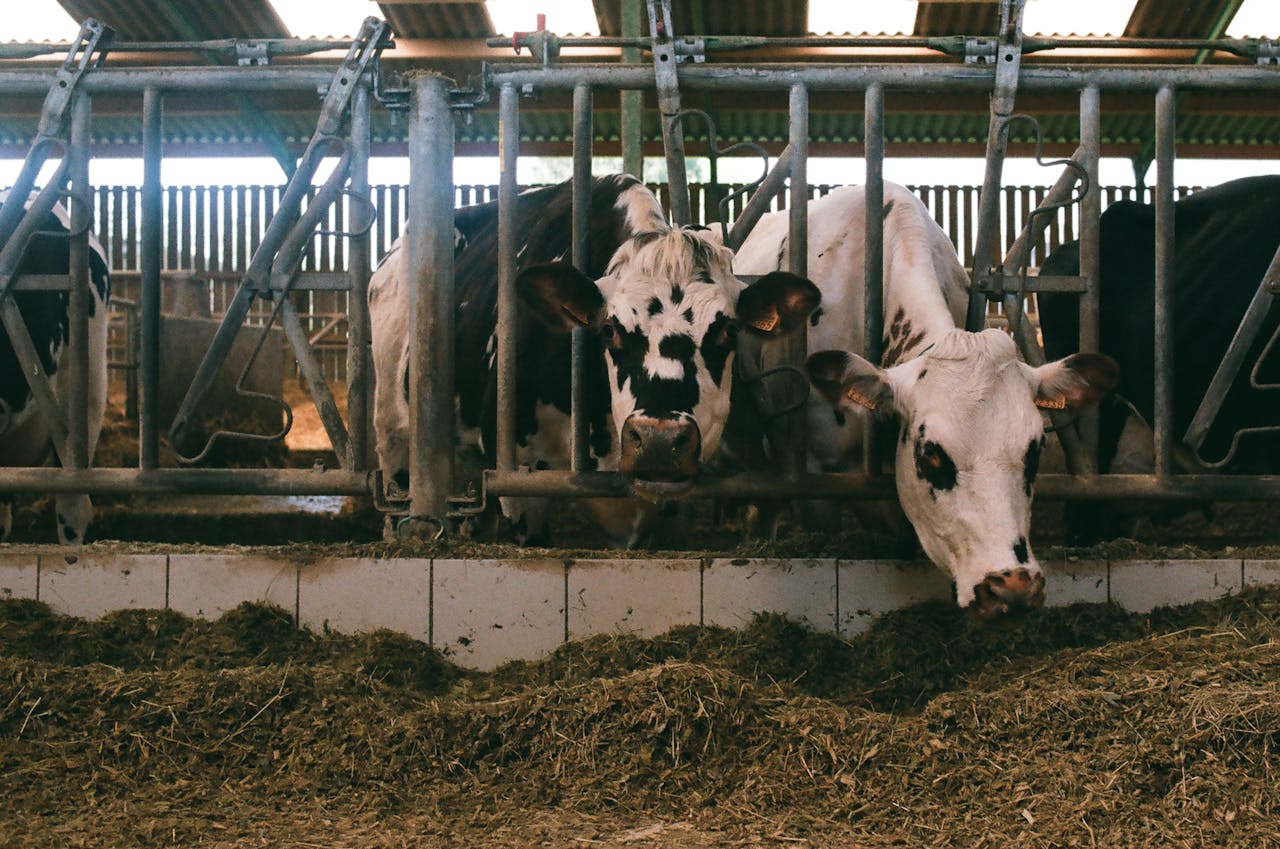Moves by Associated British Foods plc (ABF) to close its UK Vivergo bioethanol plant in Hull, will have a substantial knock-on effect for the animal feed sector.
ABF closed the plant at the end of August following extensive discussions with the Government to find a regulatory and financial solution to enable the plant to operate on a profitable and sustainable basis.
Tariffs removal hits UK producers
The company said the talks were necessary because its business had been badly affected by the Government’s decision to remove the 19% tariffs on US bioethanol coming into the UK market in May. Prior to this, it said UK regulations were also favouring foreign producers.
Loss-making without intervention
ABF said the 2 actions meant Vivergo would inevitably continue to be heavily loss-making without Government intervention through short-term financial support and a long-term regulatory solution.
Farmers call closure a blow
Jamie Burrows, chair of the National Farmers’ Union combinable crops committee, said “The closure of the Vivergo plant is a huge blow. Not only is it terrible news for those hundreds of workers who will lose their jobs but also for the thousands of people whose livelihoods depend on that supply chain – that includes local farmers who have lost a vital market for their product.
Thousands of livelihoods depend on that supply chain.
Vital role in UK feed
“Bioethanol production in the UK is such an important industry. The volume of wheat entering the supply chain has been as high as 1.2m tonnes. It also plays a key role in producing a vital source of animal feed as a by-product and CO2 used by the wider food supply chain.
Government support needed for growth
“We need the government to recognise the potential economic growth and value of this market by ensuring crops grown for biofuels are used increasingly in road transport and aviation. This will open further market opportunities to incentivise growers to support the country’s biofuel plants.”
By-products support circular economy
The bioethanol sector produces a range of animal feed products from its by-products including wheat gluten feed, corn gluten feed and wheat starch. The bioethanol process not only provides a valuable feed stock for farmers but it also contributes to a circular economy by utilising surplus feed stock that would otherwise be wasted.
Concerns over Ensus plant future
There is also concern about the possible demise of the Ensus bioethanol plant on Teeside, which produces more than 30% of the UK’s CO2, including in abattoirs to stun pigs prior to slaughter.
Meat industry warns on CO2
Nick Allen, Chief Executive of the British Meat Processing Association, said if Ensus closed it would mean that the UK was entirely dependent on a handful of EU companies for its supplies of CO2. While there is no imminent threat to supplies to UK meat plants, he said it creates huge uncertainty.
Dependence on imports feared
“It would make this industry far more vulnerable and prone to sudden prices increases and shortages of CO2, if one or more of these EU plants has to close at short notice. There is no coordination at all between these companies and that means UK users of CO2 will have no control over supplies,” he said.
“Yet again, we are going to be dependent on imports for a key part of our supply chain, rather than actually producing the product at home,” he said.

